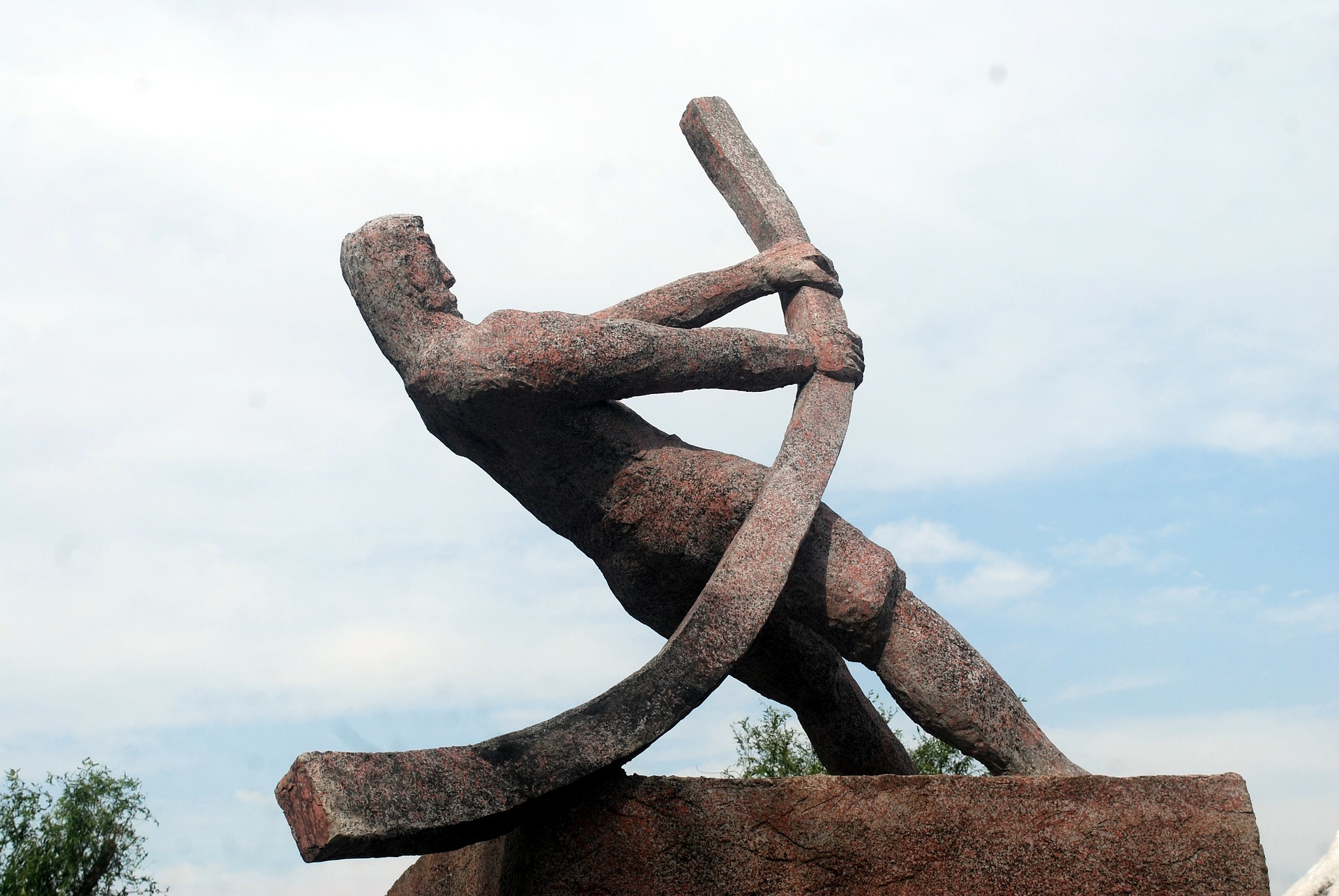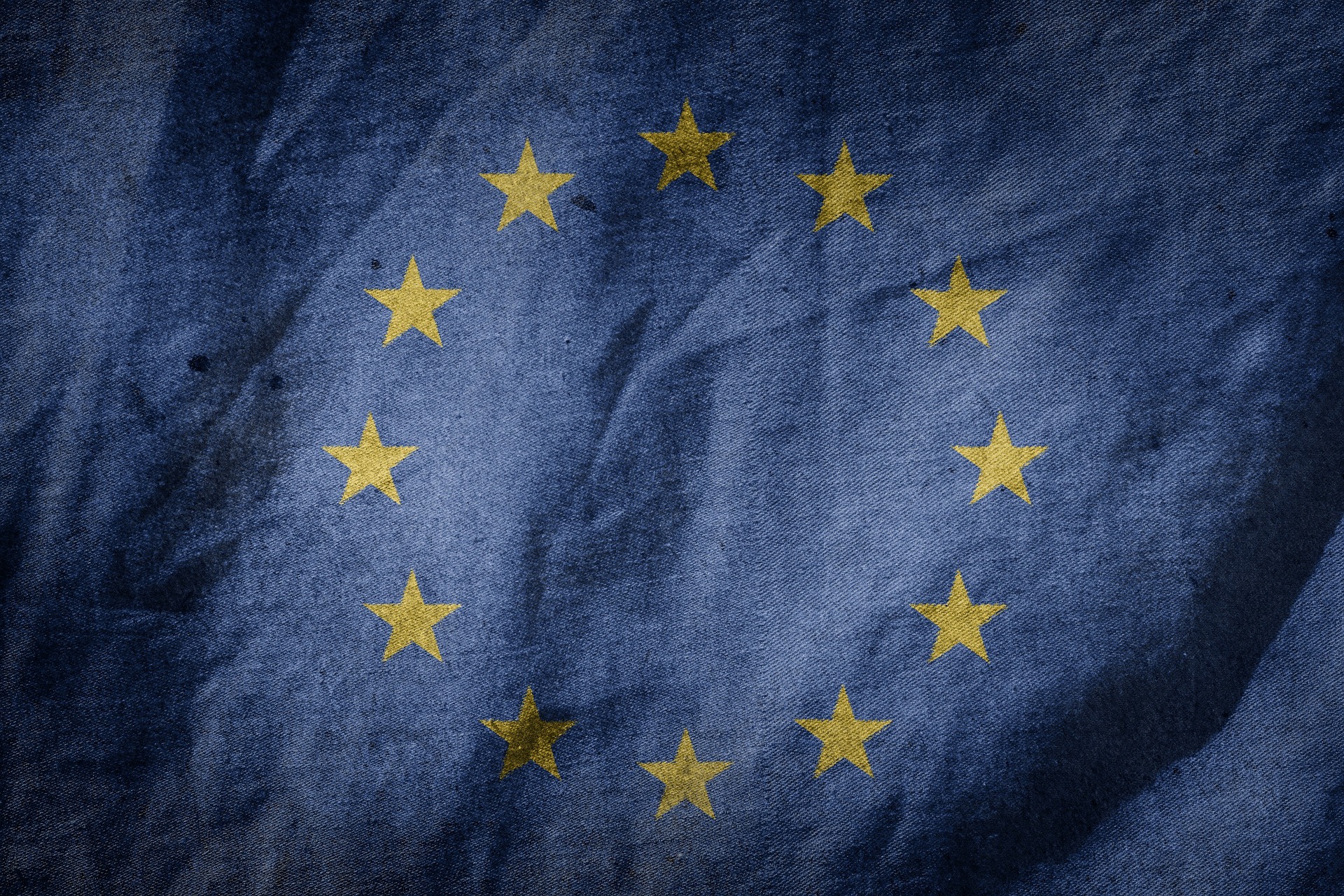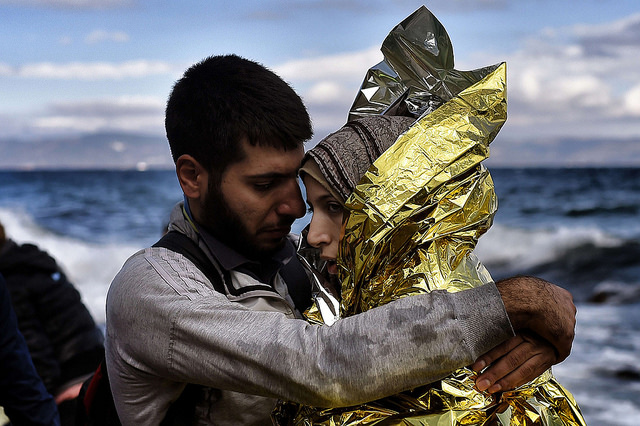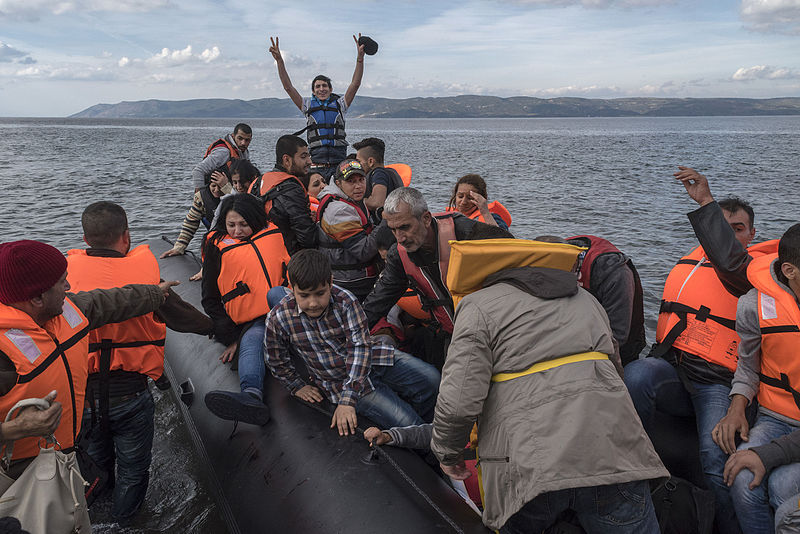Latest blog articles
-
Jean Monnet (1888-1979) is, in some ways, an unlikely person to be honoured by having a university hall called after him. Indeed, Monnet left school at the age of sixteen, never obtained a university degree, and indeed never started university studies. He grew up in the city of Cognac as the son of...
-
Asylum-seekers at the Greek island of Lesbos are in a vulnerable position. They claim basic human rights and hold the Europeans accountable. What can a human rights scholar do? His role is limited. When there is no political will, compassion and solidarity are gone.
-
About 100 British officials will arrive in Brussels today to start the mammoth negotiations on the future relationship between the EU and the UK. The two sides are poles apart. The UK wants regulatory detachment from the EU while the EU insists or regulatory alignment.
-
The European Union prides itself for being based on the rule of law. Indeed, the success and longevity of the EU as an integration project can be partly explained by, on the one hand, the willingness of Member States to abide by the obligations that stem from the Treaties and, on the other, the...
-
The 70th anniversary of the Universal Declaration of Human Rights and the 25th anniversary of the Maastricht Centre for Human Rights are a landmark in the development of human rights and a source of inspiration for academic research on new global human rights issues.
-
The US government is breaching its obligation to promote universal respect for human rights by cutting back on its contribution to UNRWA for aid to Palestinian refugees. Other states have extraterritorial human rights obligations to compensate for this reduction.
-
This contribution argues that the Trump decree to end US financial support for health organisations which provide information about sexual and reproductive health rights is contrary to human rights. The response by the Dutch government is more in line with human rights.
-
The European Union and its member states have failed to comply with their extraterritorial human rights obligations to provide humanitarian aid and fulfil the subsistence rights of asylum-seekers.
-
The aim of this contribution is to assess what has been achieved since the adoption of the 1986 Limburg Principles on the Implementation of the International Covenant on Economic, Social and Cultural Rights for the realisation of these human rights.
-
It took quite a while before the European countries realized and recognized that the influx from asylum-seekers via the Mediterranean Sea and Turkey into the European Union is not just a matter of controlling the outside borders of the Union, but also a humanitarian and human rights issue. Some...









